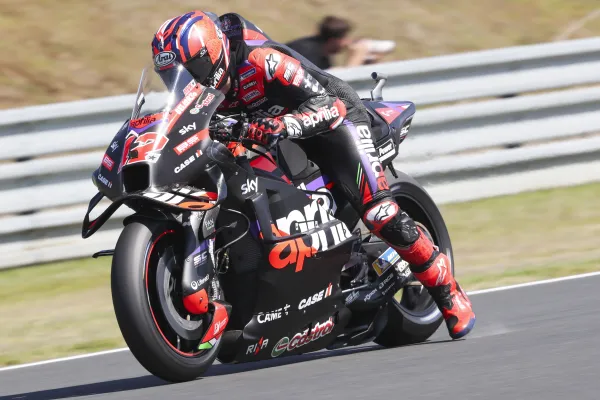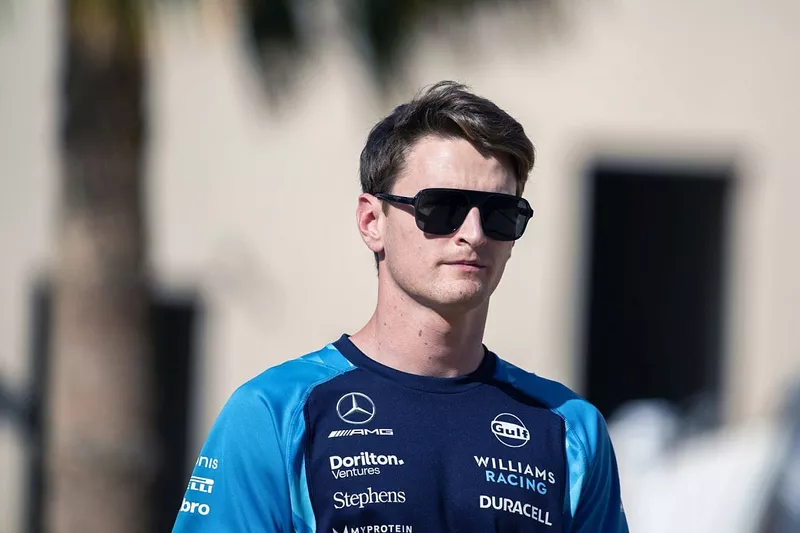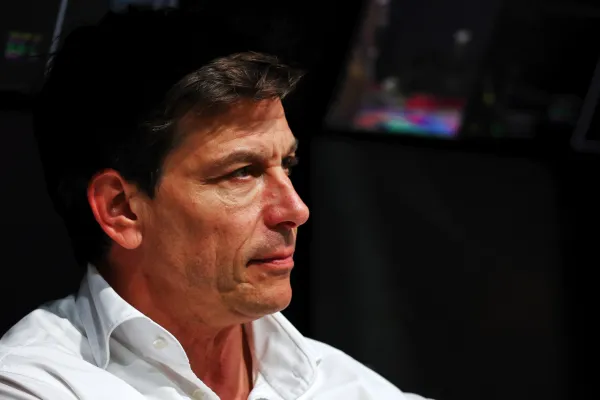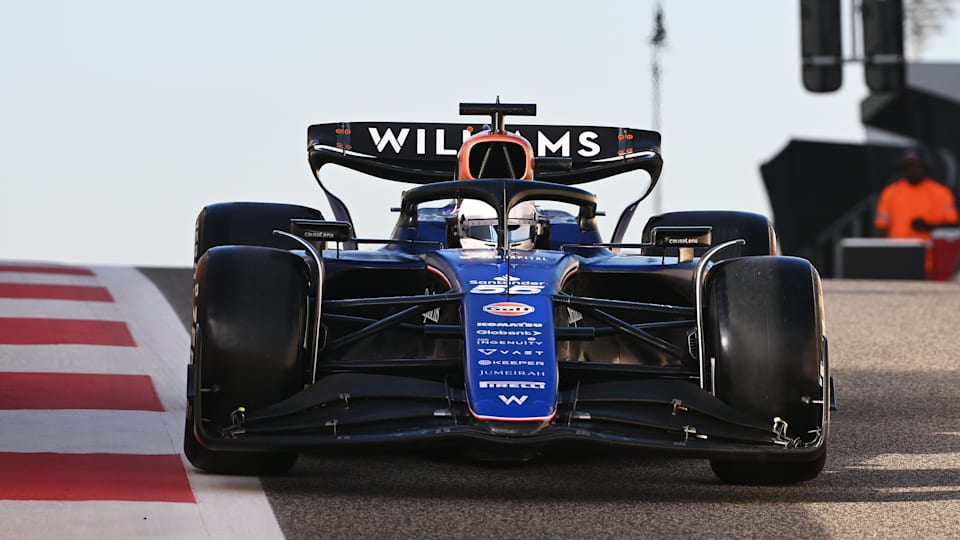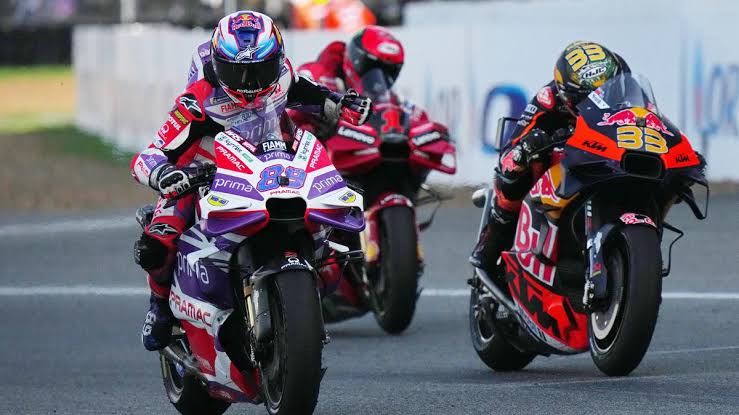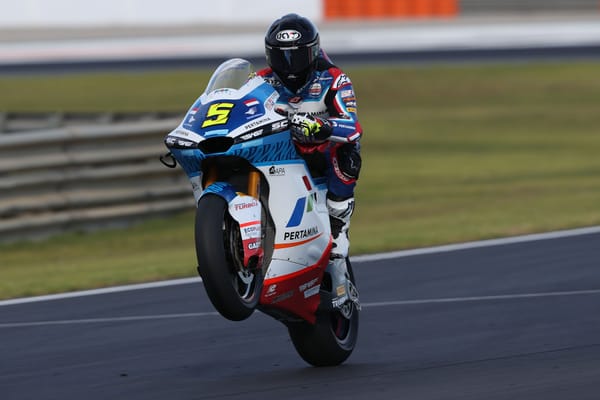MotoGP GP 2023 Live Streaming: All You Need To Know For THIS Sunday
The MotoGP Japanese Grand Prix is more than just a race on the calendar; it’s a hallowed ground for motorcycle racing enthusiasts, a place where speed and skill converge to create unforgettable moments in the world of motorsports.
With a rich history, a track that challenges the best riders, and records that speak of exceptional achievements, the Japanese GP is a cornerstone of the MotoGP championship. Let’s delve into its history, background, records, and noteworthy achievements that have made this event an iconic fixture in the world of motorcycle racing.
A Brief History of the MotoGP Japanese GP
The Japanese Grand Prix made its debut on the international motorcycle racing calendar in 1963, marking the beginning of a long and storied journey in the world of motorsports. The event quickly established itself as a favorite among riders and fans alike, thanks to its unique challenges and enthusiastic Japanese crowds.
For many years, the Japanese GP was held at the famous Suzuka Circuit, known for its demanding layout and technical corners. It wasn’t until 2004 that the event moved to the Twin Ring Motegi circuit, adding a new layer of intrigue to the race. This change in location also diversified the challenges faced by riders, making the Japanese GP a true test of their versatility.
Legendary moments and iconic races Over the decades, the Japanese GP has been the stage for countless legendary moments and iconic races that have etched themselves into the annals of MotoGP history. From fierce battles for supremacy to emotional victories, this race has seen it all.
One of the standout moments in the Japanese GP’s history occurred in 2001, when Valentino Rossi clinched his first premier-class world title at Motegi. The emotional scenes that followed, with Rossi celebrating with his team, are a testament to the significance of this race in the championship. Another unforgettable race took place in 2010 when Casey Stoner, aboard a Ducati, fought tooth and nail against Jorge Lorenzo’s Yamaha. Stoner’s victory at Motegi that year showcased his exceptional talent and the sheer determination required to succeed in the premier class.
Records and Achievements
The Japanese GP has also witnessed records being shattered and remarkable achievements by riders who etched their names in the history books. One of the most notable records is held by Giacomo Agostini, who secured ten victories in the 500cc class at the Japanese GP during the 1960s and early 1970s. In the modern era, Valentino Rossi stands out as a dominant force at Motegi. The Italian rider boasts a remarkable tally of nine premier-class wins at the circuit, solidifying his status as one of the greatest riders in MotoGP history. His mastery of the track and ability to adapt to its unique challenges are a testament to his legendary career.
When it comes to sheer speed, the Motegi circuit has witnessed some scintillating performances. In 2015, Jorge Lorenzo set a record for the fastest lap during the Japanese GP, clocking an astonishing time that showcased the evolving technology and skill level in MotoGP. Cultural Significance and Fan Enthusiasm Beyond the thrilling races and historic achievements, the Japanese GP holds cultural significance in the world of motorcycle racing. Japan has a deep-rooted passion for motorsports, and the race at Motegi serves as a celebration of this enduring love affair. The fans, often adorned in colorful attire and waving flags, create an electrifying atmosphere at the circuit. Their enthusiasm and unwavering support for the riders contribute to the unique character of the Japanese GP. It’s not uncommon to see fans waiting for hours to catch a glimpse of their favorite riders or offering heartfelt messages of encouragement.
Challenges and Unpredictability
The Motegi circuit presents riders with a distinct set of challenges. Its stop-and-go nature, with a series of tight corners followed by straights, demands precision and agility. Riders must find the right balance between braking and acceleration to conquer the circuit effectively.
Moreover, the Japanese weather can be unpredictable, with races often taking place in variable conditions. Rain can play a pivotal role, adding an extra layer of complexity to an already demanding track.Looking to the Future As the MotoGP Japanese Grand Prix continues to be a pivotal moment in the championship, riders and teams will aim to leave their mark on this iconic race. The pursuit of victory at Motegi remains a coveted achievement, and each year, new chapters in the event’s storied history are written.
In the years to come, as the sport evolves and new talents emerge, the Japanese GP will undoubtedly continue to provide thrilling races, emotional victories, and unforgettable moments. It is a testament to the enduring appeal of MotoGP and the enduring legacy of the Japanese Grand Prix in the world of motorcycle racing.
The Twin Ring Motegi circuit in Japan has witnessed a riveting battle for pole position, setting the stage for a high-octane showdown in the 2023 MotoGP Japanese Grand Prix. With riders pushing the limits of speed and skill, the starting grid promises thrilling on-track action that will leave fans on the edge of their seats.
Martín’s Dominance at the Front:
Jorge Martín, the Spanish sensation riding for Pramac Racing, showcased his exceptional talent by securing pole position. His blistering lap time of 1:43.198 left spectators and competitors alike in awe. With a commanding performance, Martín laid down the gauntlet for the Japanese Grand Prix, signaling his intent to seize victory.
Bagnaia’s Resilience:
Francesco Bagnaia, representing the Ducati Factory team, displayed remarkable resilience during the qualifying session. Despite falling short of pole position by a mere 171 thousandths of a second, Bagnaia’s determined pursuit of Martín suggests an intense battle for supremacy in the race. He remains a strong contender for victory.
Miller’s Strong Presence:
Jack Miller, a prominent figure in the Red Bull KTM Factory Racing team, underlined his prowess on the Motegi circuit. His third-place finish, just 353 thousandths of a second behind Martín, positions him as a formidable contender for the top spot. Miller’s consistent performances make him a rider to watch in the Japanese Grand Prix.
Bezzecchi and Binder in Top Form: Marco Bezzecchi, riding for Ducati Mooney VR46, secured the fourth position on the starting grid, trailing Martín by 426 thousandths of a second. Brad Binder of Red Bull KTM completed the top five, only 511 thousandths of a second behind the leader. These riders bring both speed and skill to the race, making them serious contenders for podium finishes.
Di Giannantonio’s Positive Surge: Fabio Di Giannantonio, representing the Ducati Gresini team, delivered an impressive performance during qualifying. His sixth-place finish, just 610 thousandths of a second behind Martín, indicates his potential to be a dark horse in the race. Di Giannantonio’s consistent lap times and strategic riding set him up for a strong showing on race day. Marquez’s Determined Effort: Marc Marquez, a revered figure in the Repsol Honda Team, secured the seventh spot on the grid, trailing the leader by 614 thousandths of a second. Marquez’s determination and track experience position him as a formidable opponent. He will undoubtedly strive to make his mark in the Japanese Grand Prix.
Aprilia’s Strong Presence: The Aprilia Racing Team showcased its strength, with Maverick Vinales and Aleix Espargaró claiming the eighth and ninth positions, respectively. These riders, separated by mere milliseconds, demonstrate the competitive machinery at their disposal. They are determined to capitalize on their equipment’s advantages.
Zarco and Mir Round Out the Top Ten: Johann Zarco, representing the Ducati Pramac team, clinched the tenth position, just 653 thousandths of a second behind the pole-sitter. His resilience and strategic riding make him a pivotal figure in the race’s dynamics. Joan Mir, a prominent rider on the Repsol Honda Team, completed the top ten, further intensifying the competition among elite riders. The anticipation for the main race on Sunday is palpable, with MotoGP enthusiasts worldwide eagerly awaiting the battle on the Motegi circuit.
The starting grid for the Japanese Grand Prix exemplifies the depth of talent and competitiveness in the MotoGP field. As the riders prepare to line up on the grid, the Japanese Grand Prix promises unforgettable moments and breathtaking on-track action. With the championship race heating up, every twist and turn at Motegi will shape the season’s outcome. Fans can expect nothing less than a spectacular showcase of speed, skill, and determination in the 2023 MotoGP Japanese Grand Prix.


